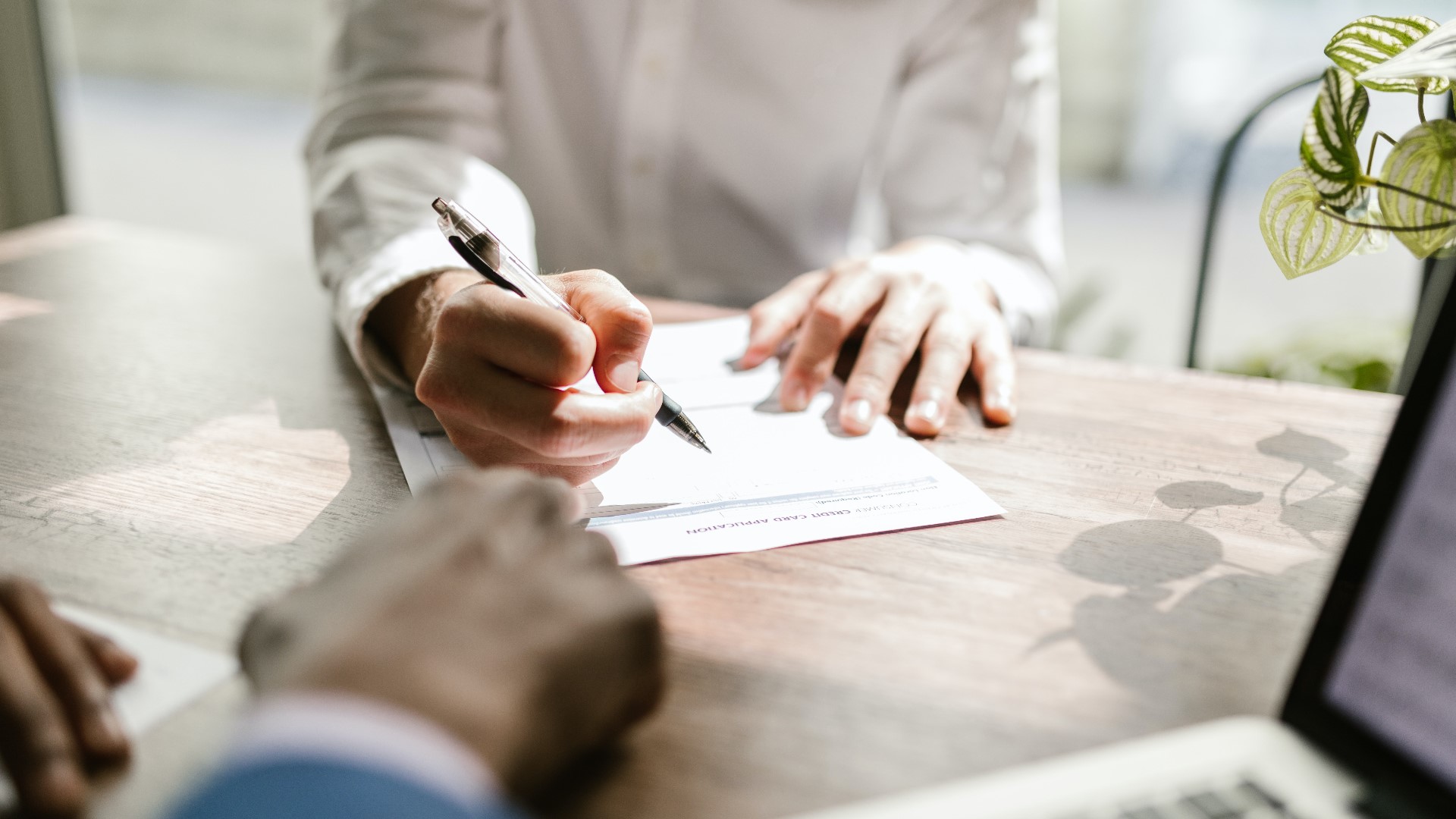ALPHARETTA, Ga. — Synthetic identity fraud makes up 85% of all fraud right now according to the FTC.
It caused $20 billion in losses in 2020, and experts said the most at risk could be your kids.
"A synthetic identity is when someone makes up a fake name, date of birth and social and uses that fake individual to get credit or apply for different kinds of financial products from banks, lenders and financial institutions," explained Naftali Harris, CEO and co-founder of SentiLink, an identity verification company. "Contrasting with I.D. theft, where you steal a real person's identity, with synthetic fraud you make up a fake person."
For example, someone may combine a stolen Social Security number with a fake name, date of birth and address to create a new identity.
This type of fraud especially targets kids, since their social security numbers can be used for years without detection.
"Typically they'll pick a Social Security number that was issued in the last 18 years, which likely belongs to a minor," Harris said.
Young people's personal information is also more accessible than ever. In 2021, ransomware gangs stole and published student data on the dark web from more than 1,200 American K-12 schools.
While some of that comes from ransomware attacks on school districts, experts said kids’ internet use can also lead to compromised information. Young people are more likely to fall victim to phishing attempts via social media and apps.
Because synthetic identity fraudsters don't use your actual name or address, if it happens to you, you likely won’t know about it for a while, if ever, and Harris says you won’t be on the line to pay up for the losses.
"It is relatively rare that someone even finds out about this," he said. "It doesn't necessarily attach to that individual's credit report."
But Harris said it has other trickle-down impacts, like banks making it harder to get credit, plus higher fees and interest rates.
"Oftentimes banks will be more stringent with people that don't have very much history, and the populations that are impacted by that are real people that don't have very much history," he said. "All of these groups, which already have a hard time getting credit, it's even harder for them because of the scourge of synthetic fraud."
And it could still cause a big headache for you to clear things up and prove your identity, or for your child when they go to open their first line of credit.
"It's quite prevalent, and actually, I hate to say it, but Atlanta and the surrounding area, Alpharetta, Marietta in particular, are huge hotbeds for synthetic fraud," Harris said. "It is, I think, the biggest open risk issue impacting financial institutions today."
Here are some tips to protect yourself:
- Keep an eye out for any tax documents that don't look right. "If you get a 1099-G in the mail from Georgia and you don't recognize the unemployment insurance, contact the state on unemployment insurance and say, hey, this wasn't me," Harris recommends.
- Sign up for a free credit monitoring service.
- Use free sites like Have I Been Pwned to see if your email address or passwords have been breached or compromised.
- When filing your taxes online, use multiple authentication steps if possible. The IRS recently added a free extra layer of protection that works as a PIN code.

